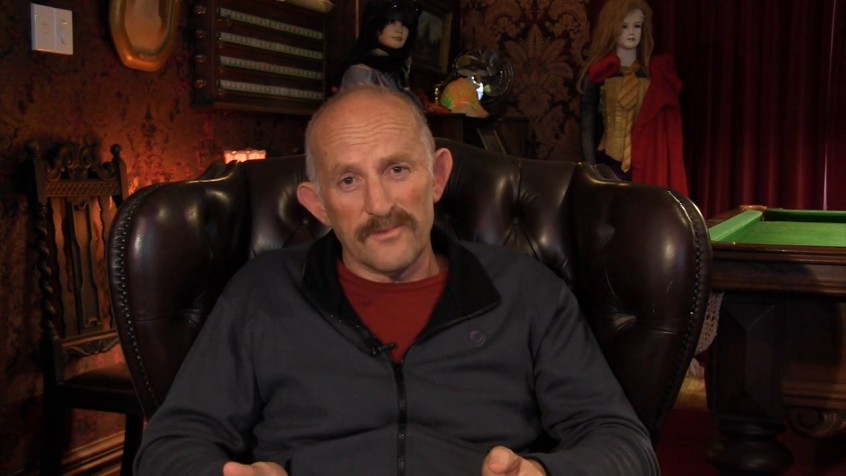Over the last few weeks a range of economic development policies have emerged from across the political spectrum. They vary from the weird to the wonderful, but all of them suffer from the same problem – the delusion that the government can always create jobs and stimulate regions and industries. Today we will look at jobs and tomorrow the provinces.
The popular promise of creating jobs
A popular promise from politicians at election time is to create jobs. The mere fact that they try to do this at all is frankly bizarre to an economist – it treats the economy as a sausage machine where all you have to do is stuff more ingredients in one end and you’ll get more people in paid work, out the other. The modern world is far more complex than that. For starters, someone has to buy the things you make.
Perhaps the weirdest announcement of all was the Internet Mana pledge to create 100,000 new jobs each year for the next five years. The aim of this “Right to Work” policy is to have full employment. They say this would be achieved by providing jobs in conservation or community economic developments such as waste management, Maori art, maintenance and help in schools, hospitals and retirement villages. They would also promote the digital workforce in New Zealand.
It is a laudable aim, but is it doable? Evidence would suggest no.
Many governments here and overseas have tried these ideas and failed. The cost for each job created tends to be much higher than the $17,000 estimated for this policy. That is why many governments find it cheaper just to pay the dole. Experience suggests Internet Mana wouldn’t hit their job targets, and if they did, those jobs would disappear as soon as the funding stopped.
They propose to pay for the $1.7bn annual cost of this policy by raiding the ACC piggybank – which was set up to fund the future costs of existing ACC claimants. Given the focus of the Internet Mana party on the young, raising tax on them in order to pay for the future costs of already injured ACC patients seems a little contradictory.
As Gareth points out in the video above, governments only create sustainable jobs when they employ people to provide public services like education, health, government administration, law and order etc. The way to create sustainable employment is by making stuff that people want to buy – and that task is best left to businesses.
The role of government is to provide the right conditions for those businesses to flourish – regulations, infrastructure and equality of opportunity so that people can start businesses or find fulfilling employment.

